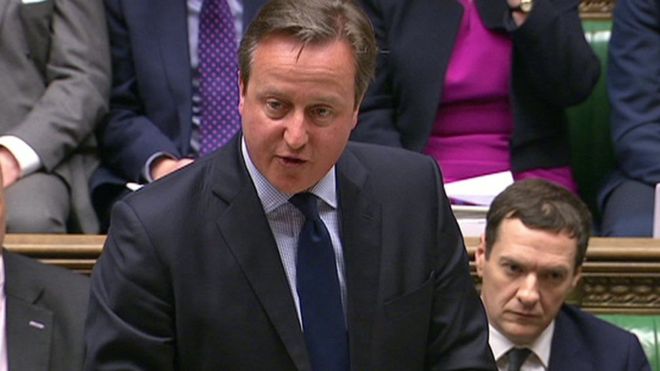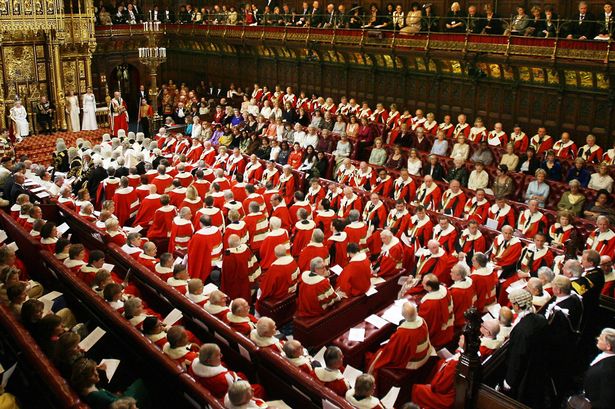The Government considers current regulation of private sector letting and managing agents adequate according to a recently published House of Commons Research note.
According to the briefing there is “no overarching statutory regulation of private sector letting or managing agents in England or any legal requirement for them to belong to a trade association, although many letting and managing agents submit to voluntary regulation” despite the rapid growth in the private rental sector over the past two decades.
Furthermore, the Government plans to improve the quality of the rental sector by increasing the range of powers available under consumer protection legislation and has no intention of introducing regulation.
The Government does not intend to introduce regulation in the sector and has pointed instead to the existing range of available powers under consumer protection legislation. However, an amendment to the Enterprise and Regulatory Reform Act 2013 enabled the Government to require agents to sign up to a redress.
This comes as private motions in Parliament have been heard recently in relation to regulating letting agent fees which one Conservative MP described as “an opportunity to fleece tenants”.
The research note states that the Government considers that the present legal framework strikes the right balance between landlords and tenants and that new regulations would “introduce too much additional red tape”.


